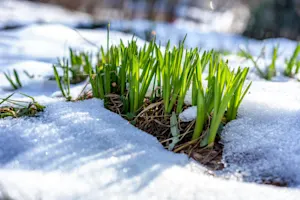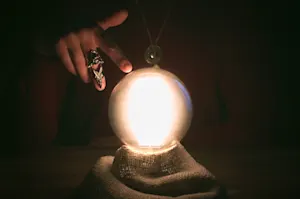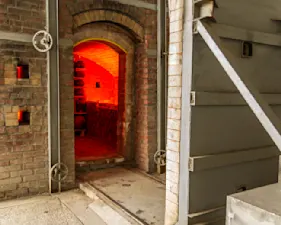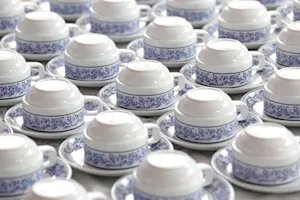What Makes This Word Tick
"Conjecture" is a curious creature in the word world. It dances on the edge of thought, representing ideas and conclusions formed without complete evidence. It's like knitting a sweater with some of the stitches missing — you get the general shape, but those little details are left to imagination.
If Conjecture Were a Person…
Conjecture would be that friend who’s always two steps ahead, weaving intriguing stories out of the tiniest spark of news. They're the kind of person who loves a good mystery and always has a theory about who stole the cookies from the jar, but isn't quite ready to point fingers.
How This Word Has Changed Over Time
Originally leaning more towards "interpretation" in its Latin roots, "conjecture" has spent centuries evolving into its current guise. While it once focused on throwing ideas together, much like an artistic interpretation, today it simply tosses ideas around without necessarily expecting them to catch the truth.
Old Sayings and Proverbs That Use Conjecture
While "conjecture" doesn’t expressly pop up in old proverbs, its spirit is alive in the old saying, "jumping to conclusions." Typically found in cautionary tales about making hasty assumptions without all facts, it warns of the pitfalls of indulgent guessing.
Surprising Facts About Conjecture
"Conjecture" found its place in mathematics as well, describing propositions without formal proof, like Goldbach's Conjecture — a legendary puzzle in the number game. In everyday life, it keeps its hands to practicality, often surfacing when talking about weather forecasts or stock market predictions.
Out and About With This Word
Out in the wild world, "conjecture" might be seen sipping coffee in a cozy cafe, notably during spirited debates over unsolved mysteries or breaking news stories. It lives most vibrantly in groups prone to speculation, like paranormal societies or among amateur sleuths.
Pop Culture Moments Where Conjecture Was Used
In Sherlock Holmes’ deductions or Hercule Poirot’s little gray cells, "conjecture" plays second fiddle, offering wily guesses before the truth comes to light. Its shades of influence are often visible in detective stories, leading imaginations through twisting alleys of assumption before reaching cathartic conclusions.
The Word in Literature
"Conjecture" could comfortably recline in suspense novels or historical fiction where characters form hypotheses based on partial truths. Authors like Agatha Christie might not use it outright, but the dance of assumption and mystery would lose some charm without its shadow.
Moments in History with Conjecture
Think back to the Roswell UFO incident of 1947 — a hotbed for "conjecture" if ever there was one. The event was a perfect storm for branching theories and speculation, creating a cultural phenomenon rooted in the unknown, where "conjecture" gained a legendary place among believers and skeptics alike.
This Word Around the World
While "conjecture" stays relatively consistent in English, similar concepts are alive globally. In Japan, someone might indulge in "suisoku," the act of speculating or inferring. Across cultures, the theme of forming opinions with limited information plays a universal role in storytelling and everyday interaction.
Where Does It Come From?
"Conjecture" traces its origin to the Latin "conicere," meaning to throw together. Evolved through Middle English, it hinted at forming interpretations before settling into its modern sense of educated guesses minus complete evidence.
How People Misuse This Word
Sometimes mistaken for a more evidence-based assessment, people might misuse "conjecture" when they mean "deduction" or "inference." It’s vital not to equate it with provable theory or a factually retired hypothesis — otherwise it jumps the "evidential" gun.
Words It’s Often Confused With
Inference: While inference suggests a conclusion drawn from evidence, conjecture leans more towards assumption without full support.
Hypothesis: Both words involve educated guesses, but a hypothesis is more structured and testable compared to the less formal conjecture.
Speculation: These friends share the same speculative playfield, yet speculation often implies business risks or predictions.
Additional Synonyms and Antonyms
Synonyms include "guesswork," "supposition," and "surmise," while antonyms would be "certainty" and "fact" — things we seldom find on conjecture’s whimsical map.
Want to Try It Out in a Sentence?
"Given the limited clues, the detective’s conclusion was more conjecture than certainty, leaving the case wide open for interpretation."
















